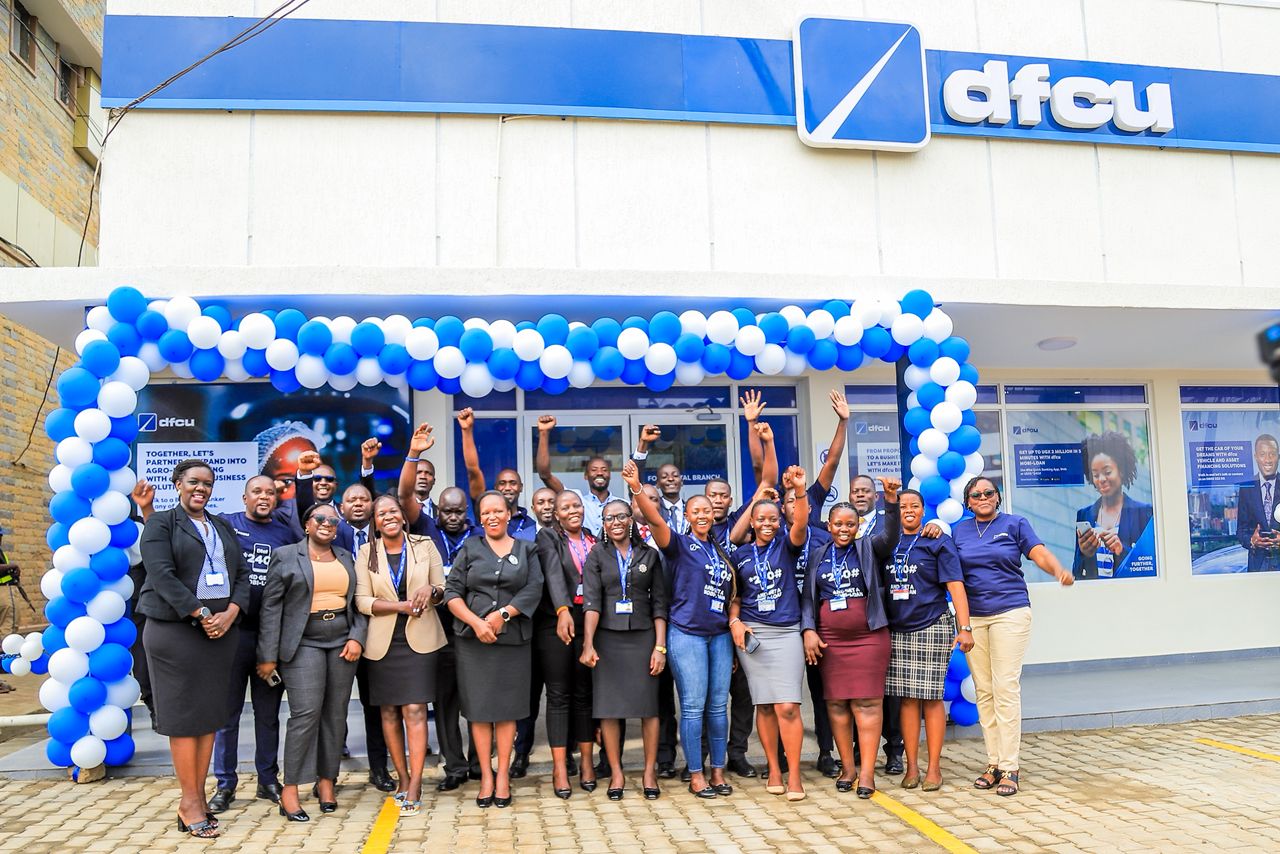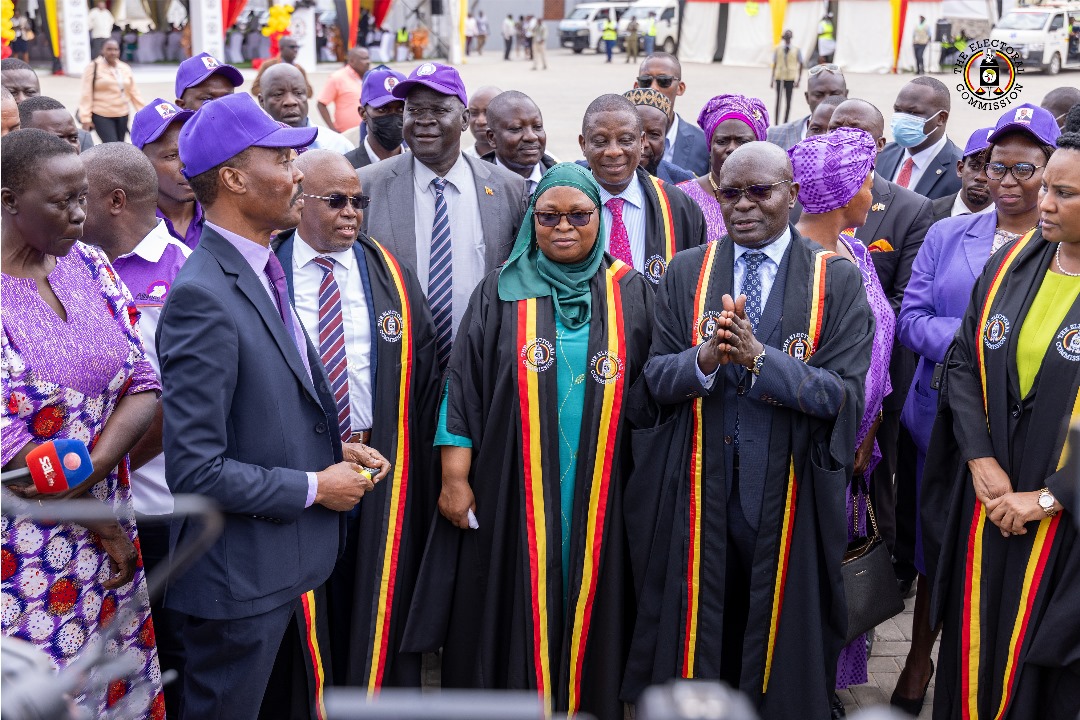Stanbic Bank and Agriculture Ministry partner to drive Uganda’s Agro-Industrialization
In 2024 alone, Stanbic Bank extended UGX 450 billion in financing to various players across the agricultural value chain, from production and aggregation to processing and export, solidifying its position as a leading financier of Uganda's agricultural transformation.

In a concerted effort to fast-track Uganda’s agricultural transformation, Stanbic Bank Uganda has joined forces with the Ministry of Agriculture, Animal Industry and Fisheries (MAAIF) to spearhead the country’s agro-industrialization agenda. The partnership was highlighted at the inaugural Consumer Convention 2025, held in Kampala under the theme “Accelerating the Momentum of Agro-Industrialization.”
The high-level forum convened key stakeholders including government officials, agribusiness leaders, financial institutions, and development partners to explore scalable solutions for transitioning Uganda’s agricultural sector into a dynamic engine of job creation, investment, and economic growth.
State Minister for Agriculture Bright Rwamirama lauded Stanbic Bank’s proactive approach, recognizing it as a prime example of private sector alignment with national priorities outlined in the National Development Plan IV (NDPIV). “Such partnerships demonstrate what’s possible when capital, innovation, and policy converge to address systemic challenges,” Rwamirama stated. “We must translate today’s dialogue into real investment, job creation, and export growth.”
Stanbic Bank Board Chairman Damoni Kitabire reaffirmed the bank’s unwavering commitment to inclusive economic transformation, emphasizing the importance of prioritizing women, youth, and farmers within its development agenda. “Uganda’s future rests in unlocking the productivity of its people, particularly those historically underserved by the financial system,” Kitabire said. “That’s why we are scaling up impact-driven programs that empower women entrepreneurs, youth-led agribusinesses, and smallholder farmers with access to finance, digital tools, market linkages, and business training.”
He further highlighted Stanbic’s role as a catalyst for national transformation, emphasizing that “Agriculture, when combined with industrial value addition, innovation, and sustainable finance, can be the engine that drives widespread economic growth.”
In 2024 alone, Stanbic Bank extended UGX 450 billion in financing to various players across the agricultural value chain, from production and aggregation to processing and export, solidifying its position as a leading financier of Uganda’s agricultural transformation.
Paul Muganwa, Executive Director and Head of Corporate and Investment Banking at Stanbic, underscored the urgency of agro-industrialization. “To truly transform agriculture, we must build ecosystems that deliver value from the farm to regional and international markets. That means investing in processing, packaging, logistics, and export readiness,” he explained.
Muganwa pointed out the untapped potential within the sector, highlighting that while agriculture supports over 70% of Uganda’s workforce and contributes 24% of GDP, it remains under-leveraged, with only 35% of arable land in productive use and minimal tax contribution. “These figures tell a story of untapped opportunity. We must act now to unlock it,” he urged.
Tunde Thorpe, Acting Executive Head of Business and Commercial Banking at Stanbic Bank Uganda, emphasized the critical need for coordination, capital, and capacity to unlock Uganda’s agro-industrial potential. “Uganda’s agricultural sector is rich with promise, but it will take purposeful coordination, targeted investment, and strong partnerships to transform that potential into lasting progress,” Thorpe said.
He further detailed Stanbic’s commitment to delivering sector-specific solutions, including working capital, asset finance, trade, insurance, and digital platforms, tailored to meet the evolving needs of agribusinesses, cooperatives, processors, and exporters. “We do this because we believe deeply in our purpose: Uganda is our home. We drive her growth,” he stated.
Thorpe concluded by urging stakeholders to translate dialogue into concrete action, emphasizing the importance of transitioning from promise to productivity to achieve lasting progress in Uganda’s agro-industrialization journey.







